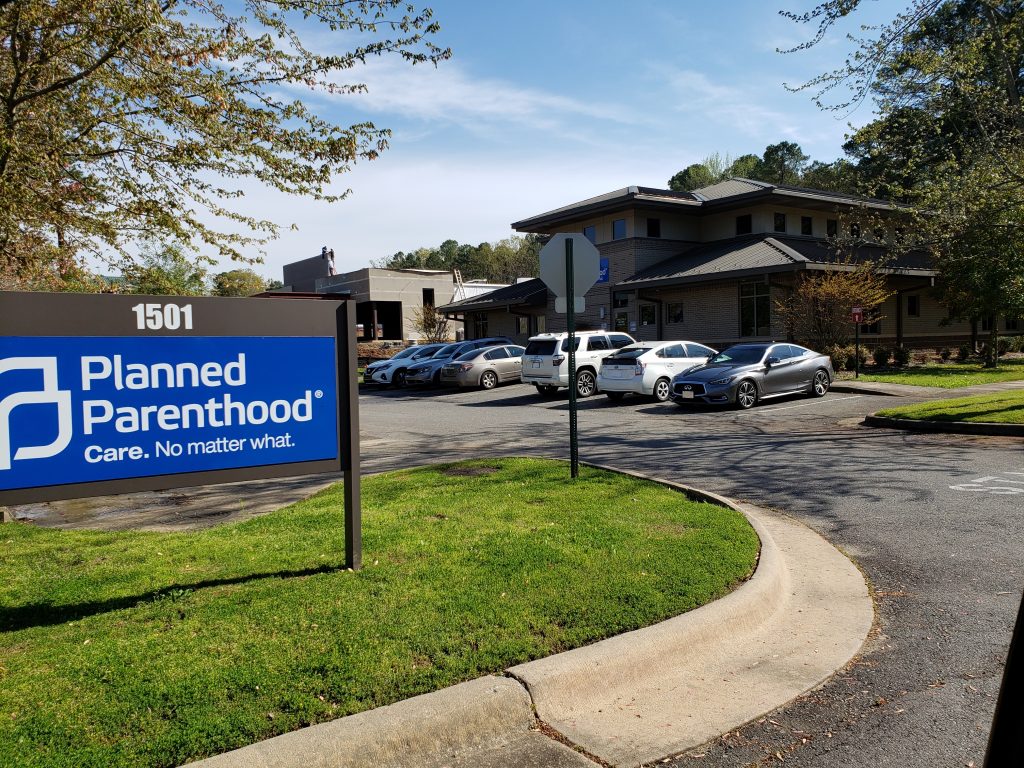Legislators in Kansas, Mississippi, Kentucky File Measures Similar to S.B. 66 Protecting Children from Pornography

Legislators in other states have filed bills similar to a measure in Arkansas that would protect children from pornography online.
S.B. 66 by Sen. Tyler Dees (R – Siloam Springs) and Rep. Mindy McAlindon (R – Centerton) requires pornographic websites to implement an age verification process to protect children from pornography.
The bill passed with nearly unanimous support in the Arkansas Senate earlier this month, but it failed in the House Rules Committee on Wednesday when none of the committee members who were at the committee meeting made a motion to pass the bill.
Family Council has identified legislation filed in Kansas, Kentucky, and Mississippi this year that is nearly identical to S.B. 66.
These good bills require pornographic websites to verify that users are 18 or older. Websites that fail to do so could be held liable under the law.
All of these bills are modeled after a law that Louisiana passed last year. That good law has caused the world’s largest porn site to start verifying that users from Louisiana are over the age of 18.
Arkansas has an opportunity to be a leader this year by passing legislation that will help protect children from pornography online. S.B. 66 is a good bill that will do exactly that.
Articles appearing on this website are written with the aid of Family Council’s researchers and writers.





